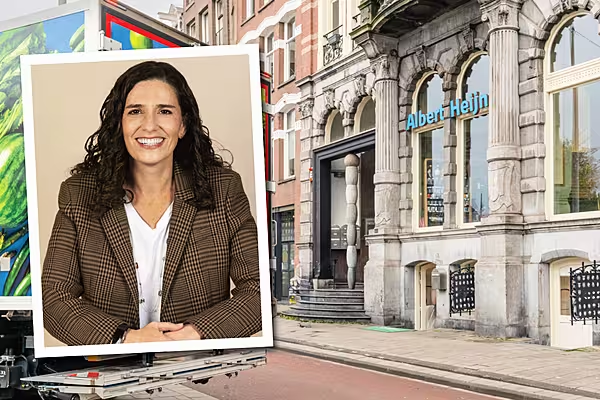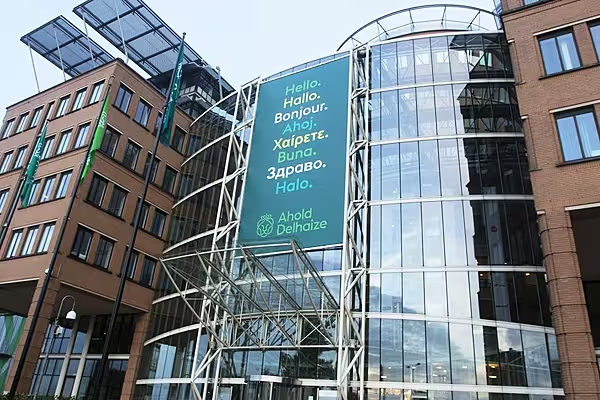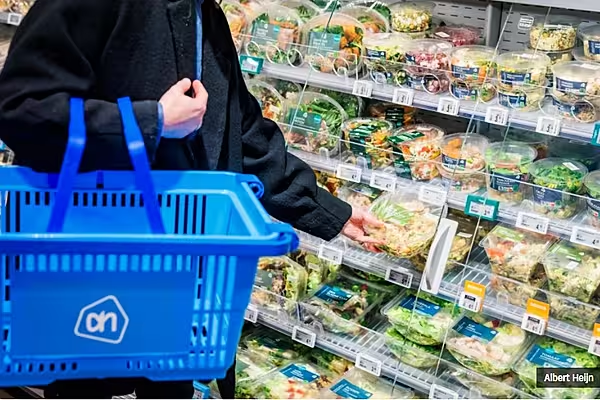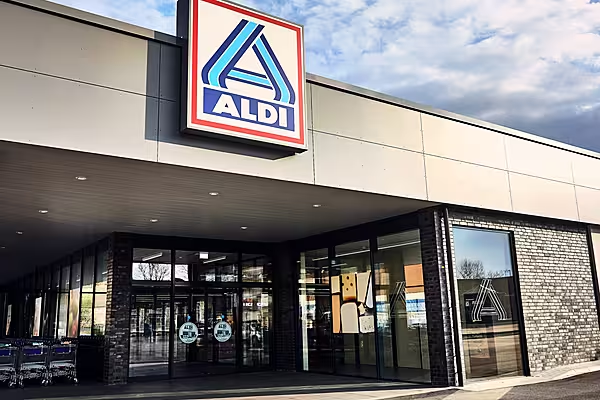In the most recent edition of ESM, we caught up with sustainability leaders across European retail, as part of our 'Sustainability 2024' report, including Daniella Vega, Senior Vice President for Health and Sustainability, Ahold Delhaize.
ESM: We’re more than a year into a cost-of-living crisis that has hit consumers hard. To what degree have these financial difficulties influenced consumer perceptions about sustainability?
Daniella Vega: Globally, it’s a complex picture. What we see is an increased focus from customers on value. We meet this demand by aiming to keep groceries, and especially healthy and sustainable food, affordable for everyone.
There is a perception that sustainable products are more expensive, and therefore we have an opportunity to inspire our customers and offer information and access to healthy and sustainable choices that are also tasty and affordable.
As an example, several of our brands are incentivising buying organic products, or fresh products with [a] Nutri-Score [of] A or B, through their loyalty programmes by giving extra discounts on these products, such as Albert Heijn, with its Premium programme, and Delhaize, with its Super Plus programme.
At the same time, our local brands are continuously expanding their plant-based protein assortment. Albert Heijn has committed to achieve a distribution of 50% plant-based [sales] by 2025 and 60% plant-based [versus] 40% animal-based protein sales by 2030. All our brands in Europe will commit to baseline their current protein ratio and set protein ratio targets by the end of 2024.
To be effective, sustainability needs to permeate all aspects of a business’s decision-making and operating structure. How has that been implemented at your business?
https://www.esmmagazine.com/features/esm-november-december-2023-read-the-latest-issue-online-255002That’s true. We believe that health and sustainability needs to be everybody’s job – and, increasingly, it is. It’s essential to make this a truly integrated part of how we run our business. For example, financial targets are deeply rooted in our organisation.
We want to build the same rigour and approach [in]to non-financial metrics. To do this, we make sure people have the right mindset and skills by providing education and tools, so that people and teams can connect their role to our purpose, strategy and targets.
We talk about health and sustainability, as it needs to be a lens through which every function looks at the bigger role they play. Practically, that also means that health and sustainability is embedded into [the] decision-making criteria for all types of projects and processes.
To what degree have you sought to foster collaboration with other businesses, groups, or industry bodies in furthering your sustainability goals?
Our brands operate as part of a complex value chain, comprised of thousands of producers. We serve over 50 million customers each day, providing products and services. To transition to a healthier and more sustainable food system will require the whole value chain to work together, and to be successful, we need consensus on certain measures across our industry.
For example, a key part of encouraging our brands’ customers to make healthier choices is to align on one nutritional navigation system in Europe and the US, so here we advocate for collaboration between both governments and industry players.
Another important aspect is the collaboration in our Scope 3 [emissions]. Our partners and suppliers – particularly our smaller suppliers – need our support to decarbonise their businesses. We do that through our supplier engagement programme, where our brands implement supplier climate education modules, ‘climate hubs’ on their websites, free and open to use for everyone.
Younger consumers – particularly Gen Z – are sceptical about the sustainability claims being made by big businesses. How can businesses better communicate to this demographic?
It is encouraging to see that younger customers, but also customers in general, are becoming more informed and invested in what is communicated by businesses and on the products they buy.
There’s a fine balance between keeping things simple and not losing important context. Some sustainability issues can be complex, full of jargon and nuanced, but you lose your audience when you don’t try to make the story accessible. Using different channels to tell your story can be helpful – for example, developing a social-media campaign with short and engaging content, but linking it to an article or podcast for more context.
Next to that, it is important to also share what your dilemmas and challenges are, and not only talk about the success stories. I believe we still have room to do that more.
We’re now just over a year away from the mid-part of the decade. In what areas do you think we will see a ramping up of sustainability efforts over the next year?
Retailers will keep doing what we are already doing and, for example, scale circular models for packaging and unsold food and accelerate value chain decarbonisation. We have set ambitious climate targets for Scopes 1, 2 and 3, in line with the goal to keep global warming below 1.5 degrees. This means that we have to continuously make progress on decarbonising our own operations – mainly on energy, refrigeration systems and transport – as well as our entire value chain.
We will also widen our scope and move from a focus on ‘climate’ towards ‘nature’. This means, in addition to decarbonisation, more focus on topics such as biodiversity, water stewardship, regenerative agriculture, reducing pollution and sustainable sourcing.
Next to that, the connection between health and sustainability will become increasingly visible and important. The climate, nature and health crises are not separate issues, but interconnected challenges, and retailers will guide consumers towards an affordable, healthier and more sustainable diet, which is good for people and planet.














